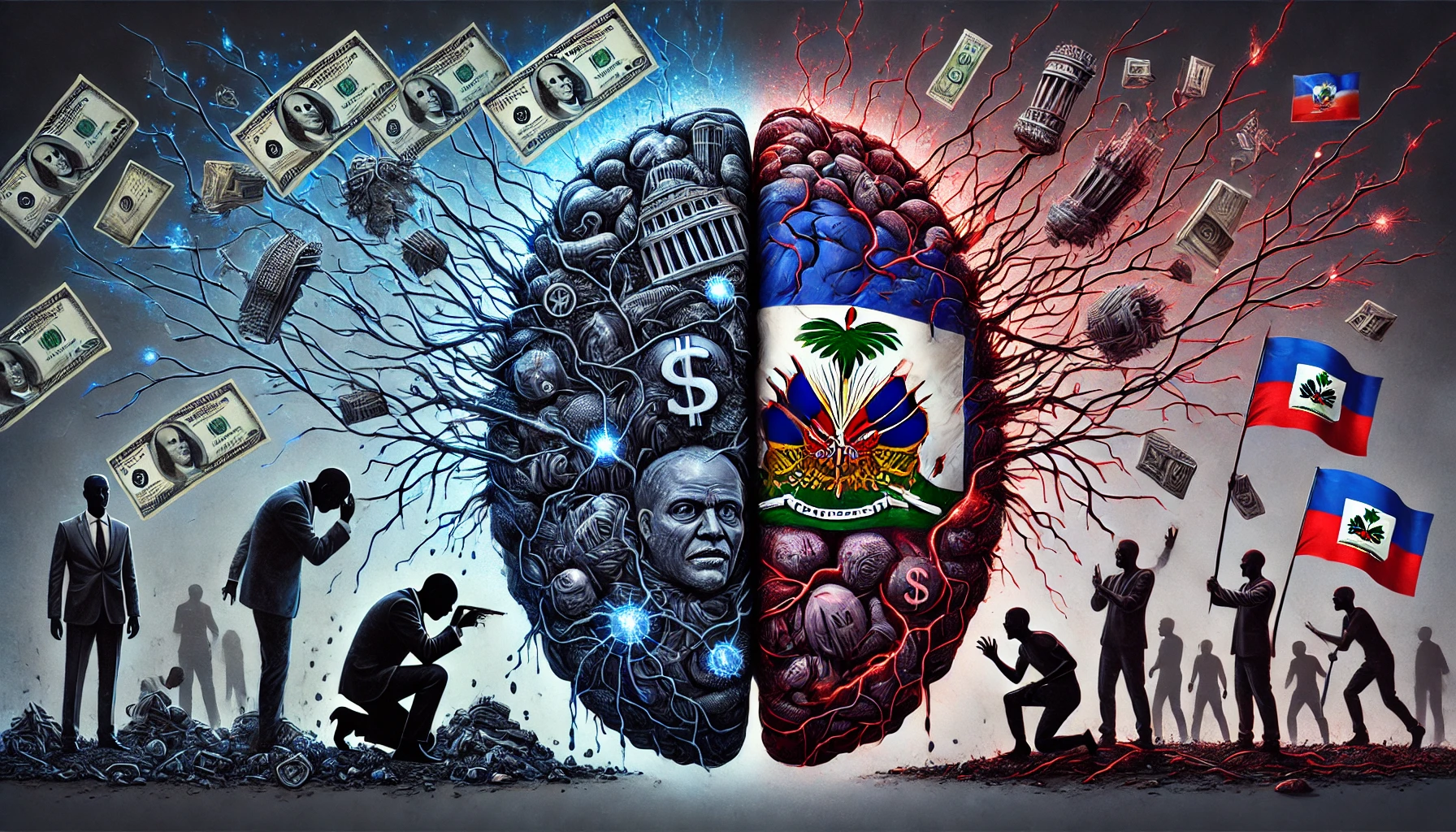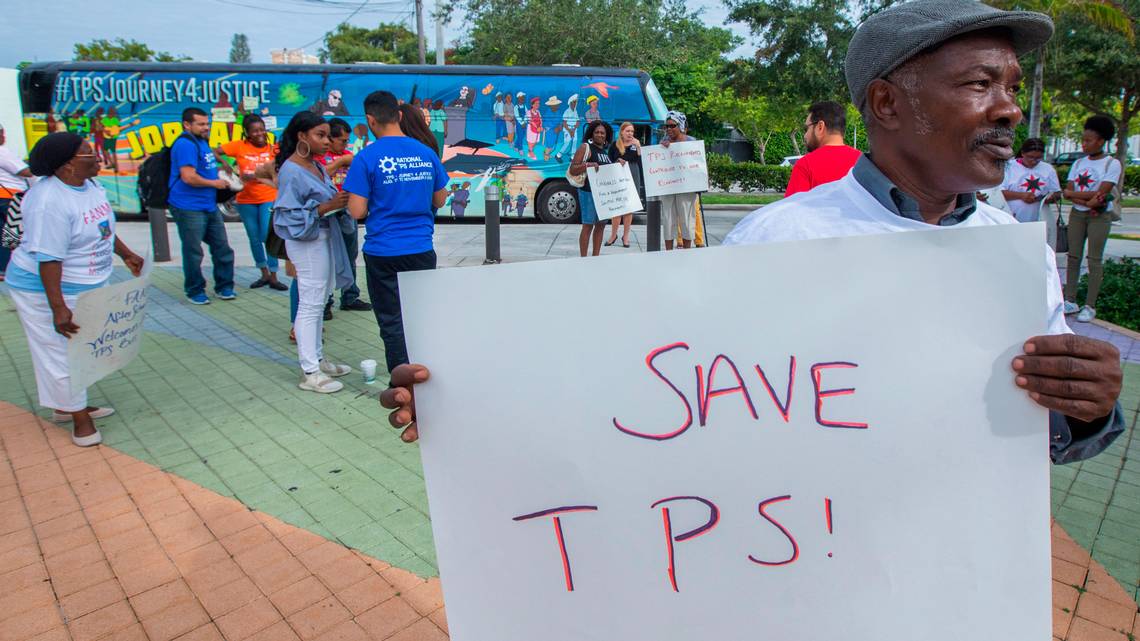By Marc André Jean, B.Sc. in Nursing and Certified Respiratory Therapist, Editor-in-Chief of Clarity Times
Understanding the brain and thought processes of criminals involves complex factors, including psychological traits, neurological impairments, and environmental influences. Research in neuro-criminology has identified abnormalities in brain structures such as the amygdala and prefrontal cortex, which are associated with decision-making, impulse control, and empathy. Specifically, reduced activity in these brain regions can lead to impaired judgment and a diminished ability to foresee consequences, explaining why some criminals appear indifferent to the risks of being caught.
In a study by Raine et al. (2011), functional MRIs of violent offenders revealed significant differences in brain activity, especially in areas related to moral decision-making. Psychopaths often show weaker connectivity between the amygdala, which regulates emotions, and the prefrontal cortex, responsible for rational thinking. This neurological disconnect is thought to underlie the lack of concern many criminals display regarding the potential consequences of their actions. Additionally, personality traits such as impulsivity, commonly found in many criminal profiles, are often linked to structural differences in the brain. Research has shown that individuals with antisocial behavior may prioritize immediate rewards over long-term consequences due to dysregulated dopamine systems, leading to poor decision-making (Glenn & Raine, 2014).
Correlation Between Neuroscience and Corruption in Haiti
When these findings are applied to real-world events, such as political corruption in Haiti, a clear correlation emerges. The indictment of three members of Haiti’s transitional presidential council—Smith Augustin, Emmanuel Vertilaire, and Louis Gérald Gilles—for corruption reflects similar decision-making flaws. These individuals, much like the criminals studied in neuro-criminology research, may have prioritized short-term personal gain over long-term consequences for the nation, society, or themselves.
Understanding these patterns can provide insights into preventing both individual and institutional corruption. By addressing the neurological and psychological factors underlying criminal behavior, policymakers may develop more effective strategies for crime prevention and ethical governance.
Implications for Policy and Prevention
To better understand and address the societal and ethical failures observed in Haiti’s political landscape—such as the recent indictment of three of nine presidential advisors—it is crucial to explore both the psychological mechanisms behind unethical behavior and possible interventions. Early ethics research primarily focused on philosophical principles, but recent data from behavioral ethics research highlights unconscious processes that often drive unethical actions. Behavioral studies, like those reviewed in Social Justice Research, reveal that ethical failures are not always intentional but may stem from automatic cognitive biases, such as group favoritism, overestimation of one’s merits, or egocentrism, which distort unconscious judgment.
Strategies to Mitigate Corruption
In Haiti’s case, combating this deeply rooted issue may require more than punitive measures; it may also call for an education and awareness campaign focused on recognizing and mitigating these unconscious biases. Strengthening institutions to promote transparency and accountability could also help reduce the prevalence of corruption. Social interventions, including ethics training grounded in behavioral research, can foster environments where ethical decision-making becomes more ingrained.
These insights show that fighting corruption and unethical behavior—both in politics and society—will require a multifaceted approach, one that acknowledges the psychological roots of unethical decisions and incorporates strategies to reduce their impact. Ethical development programs, reforming incentive structures, and minimizing conflicts of interest can create environments that promote transparency and trust, essential elements for societal progress.
References
- Bazerman, M. H., & Banaji, M. R. (2004). The social psychology of ordinary ethical failures. Social Justice Research, 17(2), 111-115.
- Bazerman, M., & Chugh, D. (2003). Bounded ethicality as a psychological barrier to recognizing conflicts of interest. Harvard Business Review, 81, 56-64.
- Banaji, M. R., & Bhaskar, R. (2000). Implicit stereotypes and memory: The bounded rationality of social beliefs. In Schacter, D. L., & Scarry, E. (Eds.), Memory, Brain, and Belief (pp. 139-175). Cambridge, MA: Harvard University Press.
- Raine, A., & Yang, Y. (2011). Neural foundations to moral reasoning and antisocial behavior. Social Cognitive and Affective Neuroscience, 6(2), 128-136. https://doi.org/10.1093/scan/nsq102
- Glenn, A. L., & Raine, A. (2014). Neurocriminology: Implications for the punishment, prediction, and prevention of criminal behavior. Nature Reviews Neuroscience, 15(1), 54-63. https://doi.org/10.1038/nrn3640
- Freedom House. (2023). Haiti: Transitional government and corruption. https://freedomhouse.org/country/haiti




